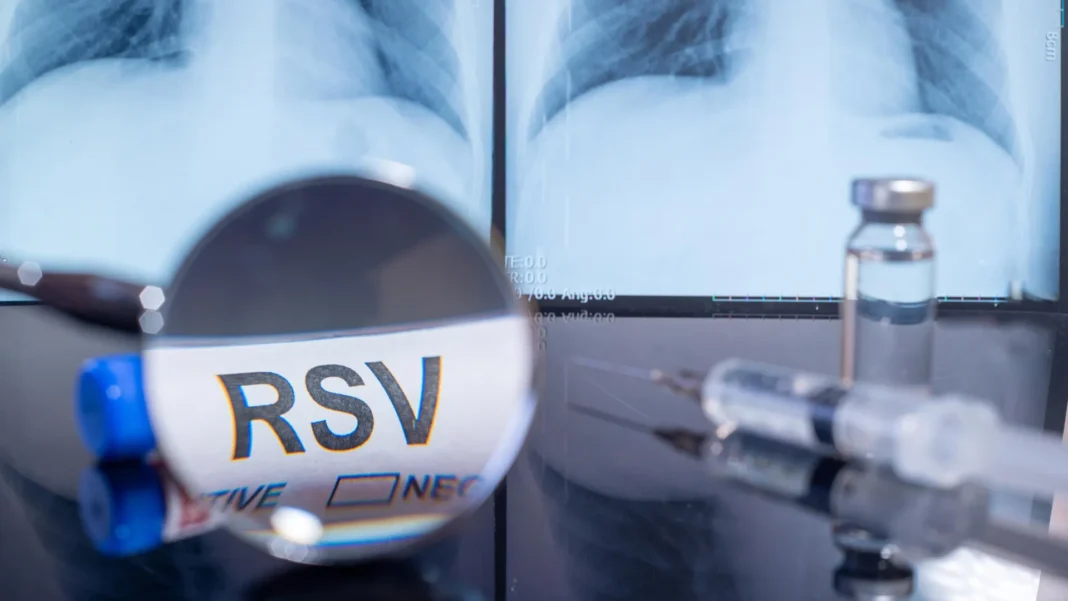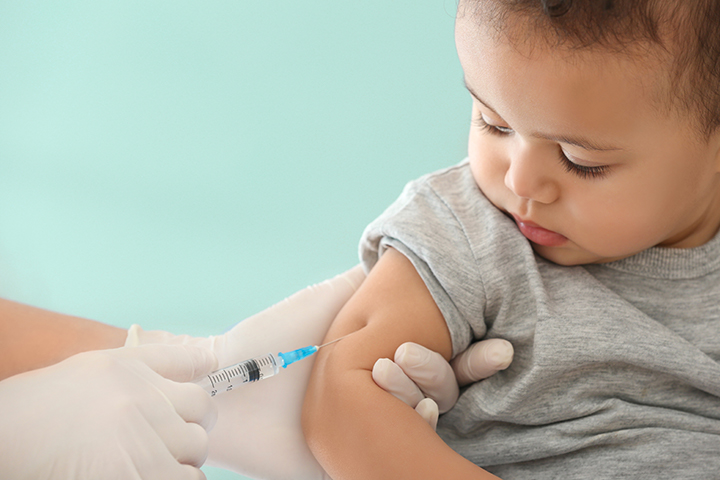Vaccinating pregnant women against respiratory syncytial virus (RSV) has led to a dramatic reduction in newborn hospitalisations for serious lung infections, new UK research shows.
A study published in The Lancet Child and Adolescent Health found that babies born to vaccinated mothers were 72% less likely to be admitted to hospital with RSV, a common but potentially dangerous virus that causes bronchiolitis in infants.
The RSV vaccine was introduced across the UK in late summer 2024. This is the first real-world evidence of its effectiveness during pregnancy, based on data from the 2024–2025 winter season.

Researchers from the Universities of Edinburgh and Leicester, alongside collaborators from 30 hospitals and leading UK universities, analysed data from 537 babies in England and Scotland admitted with severe respiratory illness. Of these, 391 tested positive for RSV.
The study revealed that 41% of mothers whose babies did not contract RSV had been vaccinated, compared with just 19% of mothers of RSV-positive babies. Babies whose mothers received the vaccine at least 14 days before delivery benefited the most.
“This data shows a significant protective effect. Maternal vaccination has the potential to dramatically ease winter pressures on paediatric hospital services,” experts said.
RSV is the leading infectious cause of infant hospitalisation in the UK and globally. While it typically causes cold-like symptoms, it can progress to severe lung infections in babies, often requiring intensive care.
The vaccine works by generating protective antibodies in the mother, which are then transferred to the baby in the womb. These antibodies protect infants during their most vulnerable first six months of life.
US Fertility Rate Hits Record Low in 2024, Government Pushes IVF, Cash Incentives
Health experts recommend that pregnant women receive the RSV vaccine from 28 weeks of pregnancy, although it can be given up to delivery. Early vaccination allows more time for protective antibodies to develop and be passed on to the baby.
Despite its high effectiveness, only around 50% of pregnant women in England and Scotland are currently getting the jab. Researchers stress the need for increased awareness to improve uptake and protect more infants.
“These findings strongly support public health campaigns encouraging RSV vaccination during pregnancy to reduce serious illness in newborns,” the authors said.
The research was conducted in collaboration with the Universities of Bristol, Oxford, Queen’s University Belfast, UCL, and Imperial College London.
Source: Science Daily




